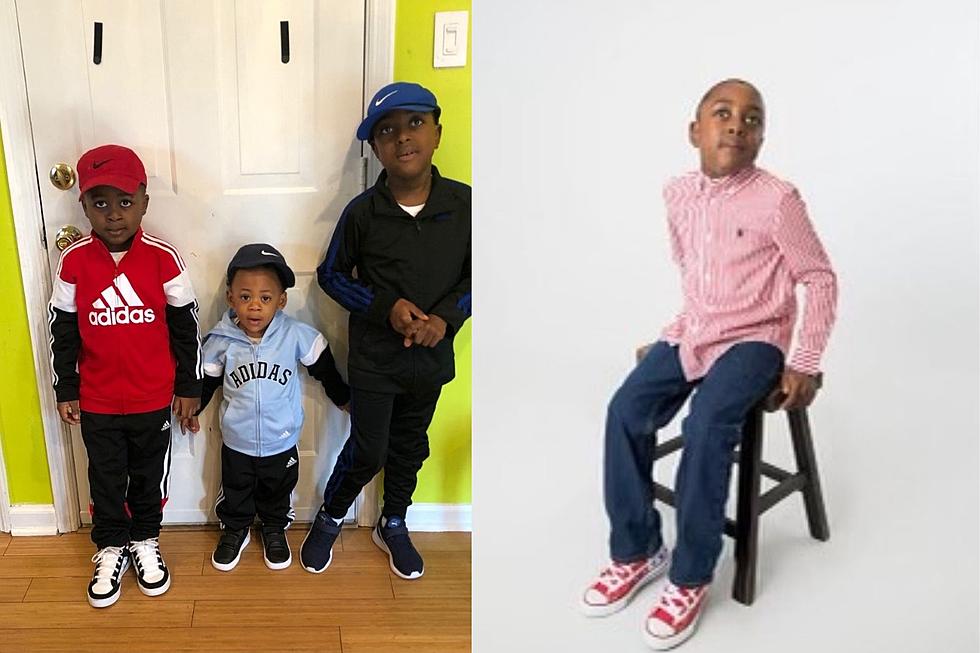
Pandemic link to autism and psych problems? NJ mom shares story
At 4 years old, Sharena Ngang's son Kange was diagnosed with autism spectrum disorder.
Several months later, a public health crisis essentially shut down the Garden State, and erased all routines and predictability the family in Sicklerville had been relying on to make things as smooth as possible for Kange.
As a result of the extensive change, Ngang said, Kange started presenting more aggression in the home.
"A lot more self-interest behavior as far as hitting himself in the head when he gets upset or frustrated, showing aggression towards his brothers," Ngang said. "I would say he's taken a few steps back being home all day."
Kange's behavior has improved since going back to school — he's in a summer program three hours per day — but Ngang suspects the progress may stall at any moment.
"I think it's going to be pretty hard for a long time because we don't know where this is going to take us, we don't know how long this is going to last, we don't know what's next," Ngang said, referring to concerns surrounding the more contagious Delta variant of COVID-19.
The coronavirus pandemic has the potential to take a toll on any child's mental health, but new research shows that children with autism are at an elevated risk of psychiatric problems such as anxiety, irritability and sleep issues.
In a study published in Autism Research, nearly 60% of children in a clinical sample were presenting with increased psychiatric problems.
"That's a significant percentage," said Jeffrey Selman, vice president of clinical services at First Children Services, where Ngang serves as a business development associate.
Selman noted that children with autism are already predisposed to being at risk for having mental-health problems. A large-scale trauma such as the COVID-19 crisis, he said, adds to the problem by eliminating stability for these children and their families.
"These are things that we on the ground are seeing first-hand," Selman said.
New Jersey's autism rate among children is considered to be the highest in the country, at 1 in 32.
Contact reporter Dino Flammia at dino.flammia@townsquaremedia.com.
See How School Cafeteria Meals Have Changed Over the Past 100 Years
NJ words that should be added to the dictionary
More From New Jersey 101.5 FM









